By: Rifa Berliana Arifin, Chief Editor of MINA Arabic
After nearly two weeks of conflict in Sudan involving the Sudanese army led by General Abdel Fattah Al Burhan and the paramilitary Rapid Support Forces (RSF) commanded by General Mohamed Hamdan Dagalo concentrated in two major cities, Khartoum and Darfur.
As a result, currently, according to the WHO (World Health Organization) the number of victims from the conflict has reached nearly 600 people, including more than 4,000 people injured among whom were civilians. Currently, thousands of Sudanese including foreigners have left Sudan and efforts are being made by troops from various countries to rescue civilians and foreigners who are still caught in the war.
According to data from the Indonesian Ministry of Foreign Affairs, 930 people have been evacuated via Jeddah, 13 people from Egypt, and 6 people were evacuated from the United Arab Emirates. Meanwhile, a total of 829 Indonesian citizens who have been repatriated to Indonesia, all of them from Jeddah are students and migrant workers.
Also Read: The Forty-Four-Days of Glory: Azerbaijan’s Struggle for Justice and Peace
Prior to this latest conflict, Sudan was on the verge of transitioning from military rule to public administration. However, suddenly there was a fierce battle between the military and the RSF which ultimately undermined the plan for the transition of power so that it did not go smoothly.
A brief chronology of Sudan’s latest conflict
In April 2019, the Sudanese army and RSF took over the government of Sudan following a coup against Sudanese President Omar Al Bashir who has been in power for three decades. Subsequently, the Sudanese army and the RSF established a Transitional Military Powers Council to govern Sudan, but met with strong opposition from the Sudanese people.
Sudanese have risen against military rule by staging nationwide protests mainly in the two cities of Khartoum and Darfur. Opposition to the military government reached a peak when the Khartoum Massacre occurred in June 2019 where the RSF attacked Sudanese people who were protesting in Khartoum which resulted in over a hundred people being killed with hundreds more injured and arrested.
Also Read: Palestine Solidarity Month: A Collective Movement for Al-Aqsa and Palestine’s Freedom
Due to pressure from the international community to be mediated by Ethiopia, finally in June 2019 the Sudanese army and the RSF agreed to form a temporary government with the military and civilians by appointing Abdalla Hamdok as interim prime minister in preparation for holding general elections in 2023 in an effort to realize full public administration.
However in October 2021, the Sudanese army and RSF staged another coup that toppled the caretaker government and created a Military Governing Council headed by General Abdel Fattah Al Burhan. After that several consultations have taken place mediated by the countries of the African Union, the United Nations and even some other countries to restore civil power.
Finally in late 2021, the Sudanese army and RSF signed a two year power transition framework agreement with political parties in Sudan whereby at the end of the transition period there will be general elections which will ensure a new Prime Minister will be appointed to govern the civilian government.
However, in early April there was a dispute between the Sudanese army and the RSF which involved the integration of the RSF into the Sudanese army which in turn led to the latest outbreak of fighting at this point.
Also Read: Hassan al-Turabi: A Controversial Thinker from Sudan
The Importance of Sudan to the Islamic World
Sudan is a very important country for the Islamic World for several reasons:
First, its geographical position is very strategic in the waters of the Red Sea which is a trade route from the Suez Canal to the Indian Ocean. Even during the reign of the Ottoman Caliphate, Sudan became one of the bases for the Ottoman naval fleet to maintain the security of the Islamic World’s trade routes and security from European Christian threats.
Second, rich crops. In terms of agriculture, Sudan is considered a ‘food bag’ if managed wisely because the fertility of the soil in the Nile Delta is able to accommodate food sources throughout the world, especially the countries of the Islamic World. In addition, the earth is rich in natural resources such as gold and the earth’s nadir, which ranks among the largest countries in Africa with the mineral gold.
Also Read: Who Exactly is the RSF Group Shaking Sudan?
Third, the basis for helping the Palestinian struggle. During the three decades under President Omar Al Bashir, Sudan became a very significant country because it provided unwavering support for the struggle for the liberation of Palestine. Because of this, it was blocked by the West for various reasons in order to maintain Israel’s security. One by one, the countries that supported the defense of Palestine fell and were hit by a prolonged economic and security crisis.
Of the three factors above; many parties, including the West, are worried that Sudan will return to the hands of the Islamists who were elected by the people so that their interests could be disrupted.
Together we pray that the situation will return to calm in Sudan and all the fighting parties will return to the negotiating table to continue the process of peaceful transition of power. If peace is restored, the Middle East will return to peace and prosperity will lead to the liberation of Palestine. (T/RE1)
Miraj News Agency (MINA)
Also Read: The Two-State Solution (Palestine–Israel) in Historical Perspective






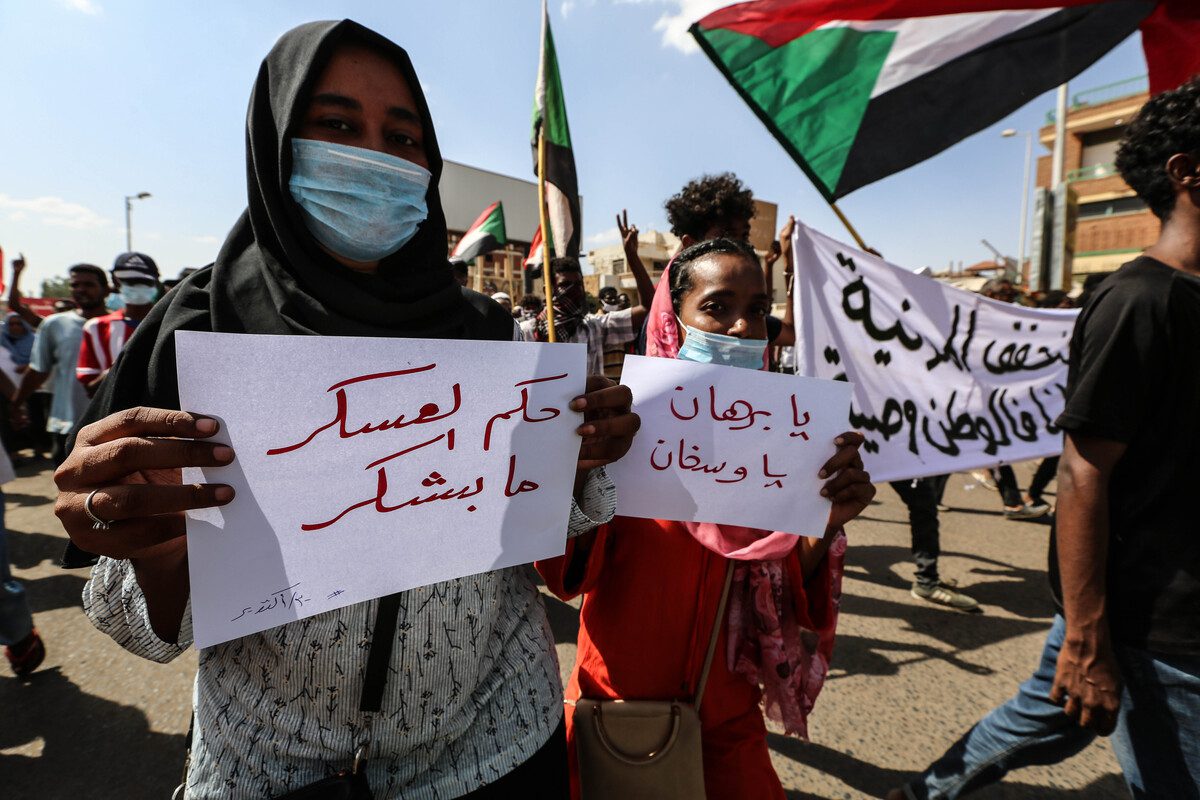

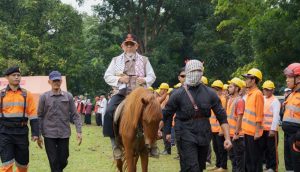
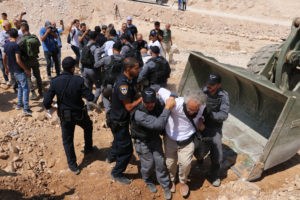
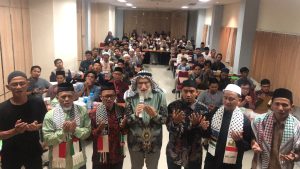
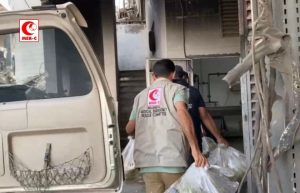
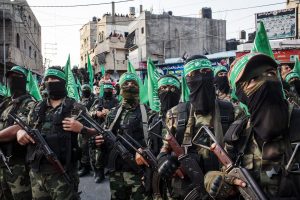
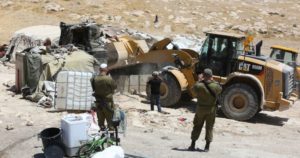

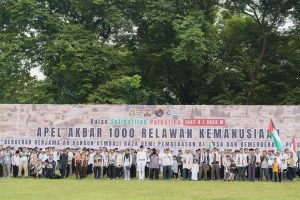
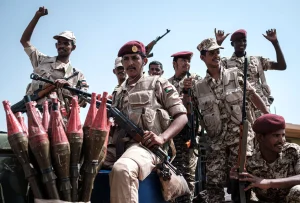
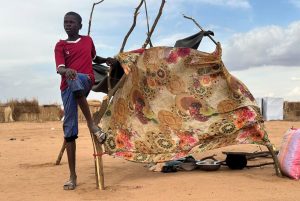
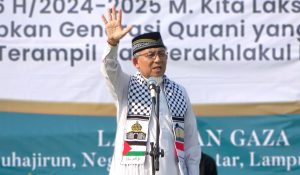
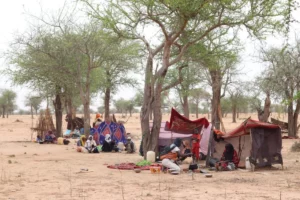
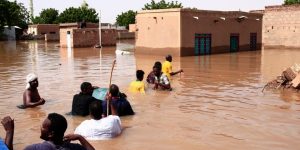













 Mina Indonesia
Mina Indonesia Mina Arabic
Mina Arabic